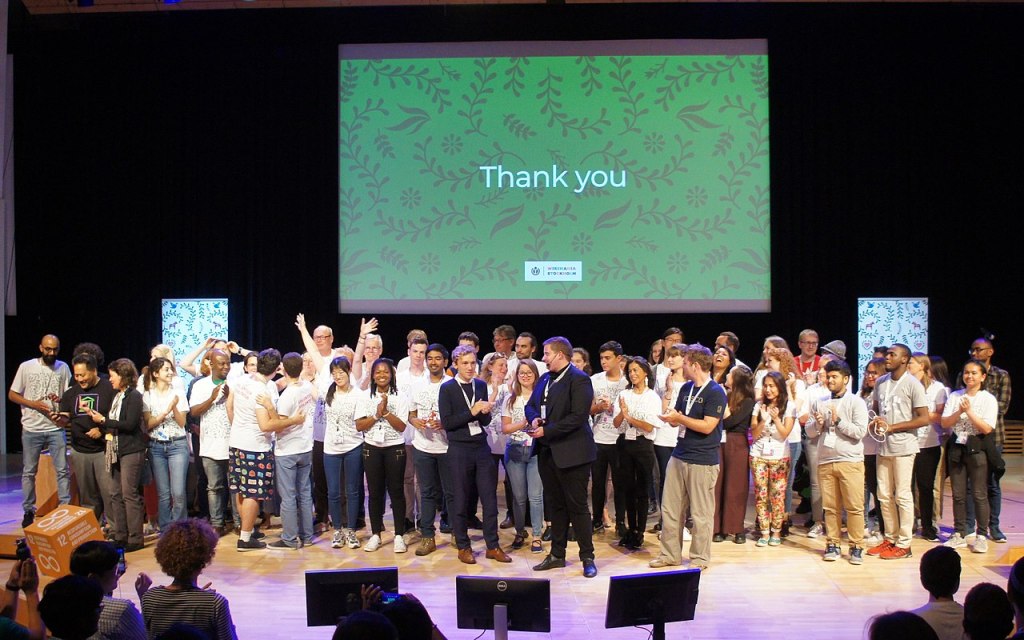
The Wikimedia movement aims to become a platform that serves open knowledge to everyone. We are focusing on building strong and diverse communities that reflect the world, including those that have been left out by structures of power and privilege. In order to better support the growth of this thriving movement, the Wikimedia Foundation is improving the community infrastructure to provide safe spaces and equitable processes for all participants.
As we build strong and diverse communities and as we break down social, political, and technical barriers, a certain limitation emerges: we cannot expect to know everybody in the Wikimedia movement. The Wikimedia Foundation supports the engagement and development of volunteers in many ways, from calls for feedback to scholarships for events or project grants. We must provide equitable support to everyone, with special consideration to new and emerging contributors and underrepresented communities. For that, we need to establish a platform to increase our breadth and depth of knowledge about Wikimedia communities worldwide.
Meet the upcoming Wikimedia movement CRM (an acronym that we are defining as Community Relationship Manager). As of today it is just a plan for a first iteration between now and June 2020. The main goals of this plan are:
- Set up a CRM based on CiviCRM software that is accessible to Wikimedia Foundation teams interacting with communities.
- Introduce data reflecting the main structures of the movement: affiliates, committees, Wikimedia projects. Goals include: Make it easy to contact committees and keep track of their changes in membership, thus keeping a better record of our collective history. This will pave the road for broader groups to be included and more sophisticated queries.
- Whenever possible, offer a registration tool to Wikimedia events, from Wikimania to a small editathon. A next step will be to handle scholarships of these events, offering the committees approving scholarships better infrastructure for fair judgement.
There are many other possible use cases, and we will explore them as time allows. For example:
- Offering a form where volunteers can sign up to receive information about projects or programs Provide organizers of training courses and editathons a process to issue certificates of completion and badges for achievements.
- Provide the GLAM community and other projects working with partners the possibility to share contacts and relationships with external organizations.
Check our initial plan and share your feedback here. The Community Relations team is leading the development of this CRM program. A top priority for us is to assure that our workflows for storing and handling this information follow best practice standards of security and privacy. We are committed to the transparency of this program. We will keep sharing details about the development of the CRM and its use.
Also, we have just published a job posting for a CRM Specialist (LinkedIn, Twitter), the person who will lead this program. Please help us spread the word about this opportunity, and if you think you may be right for the position, submit your application.

Can you help us translate this article?
In order for this article to reach as many people as possible we would like your help. Can you translate this article to get the message out?
Start translation